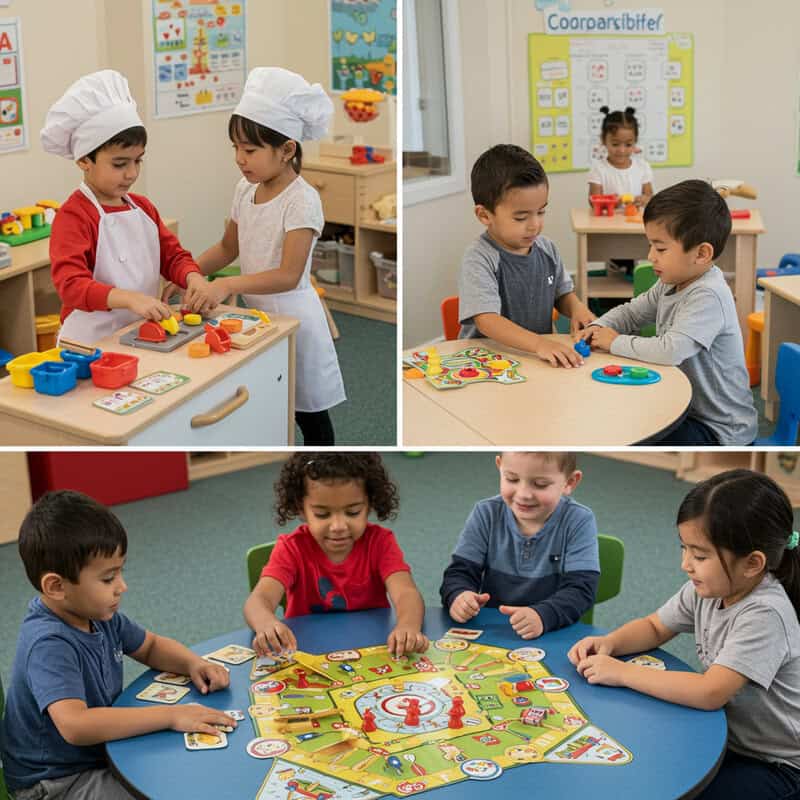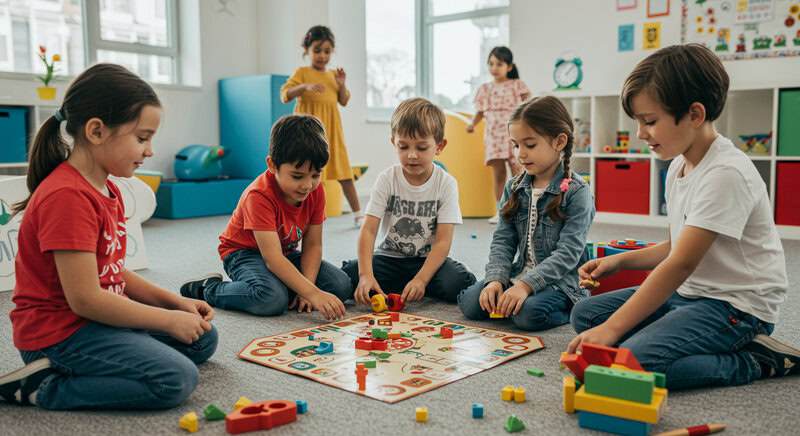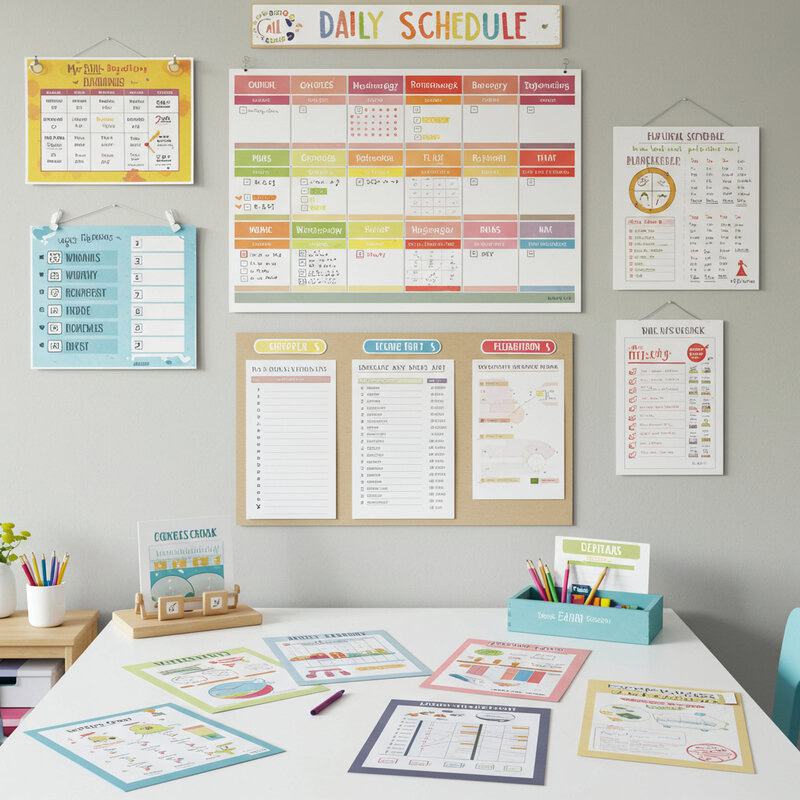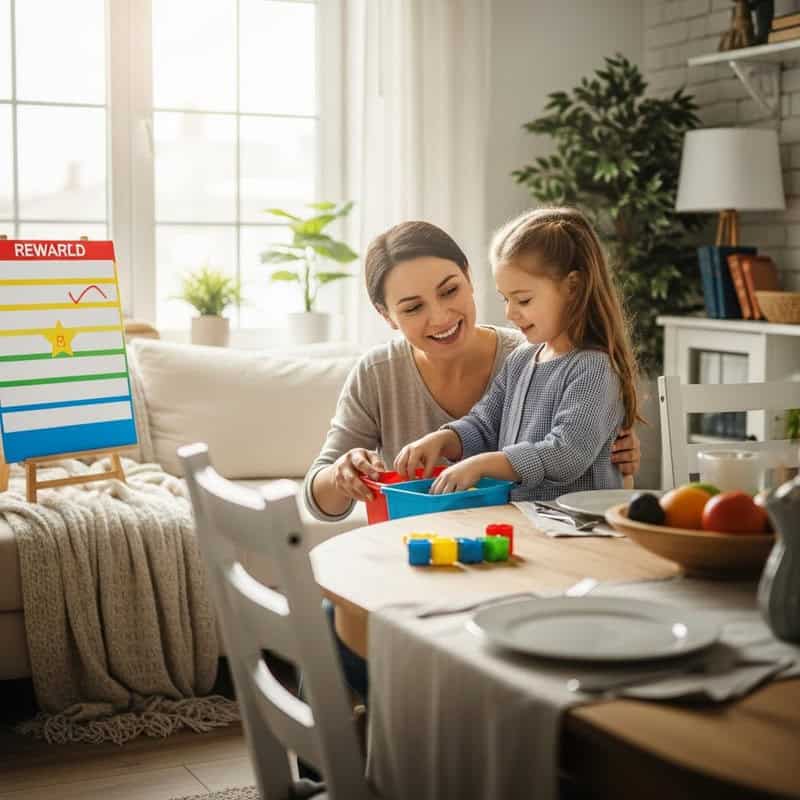Incorporate Responsibility into Play

Infusing responsibility into playtime makes learning life skills natural and enjoyable. Engage children in pretend play scenarios like running a store, being a chef, or caring for stuffed animals as “pets.” Assign roles in cooperative board games or team-based activities that require sharing, turn-taking, and group problem-solving.
These playful experiences teach organization, empathy, and accountability in a relaxed setting. Caring for real pets or plants can also instill a sense of daily duty. For more playful ideas to nurture responsibility, visit PBS Parents’ guide to teaching responsibility through play.




